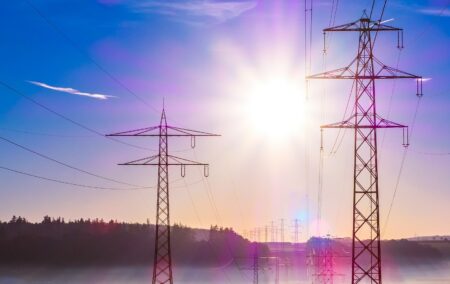Environmental concerns about pollution from coal-fired power stations such as Kusile are valid, but South Africa ‘has reached the point of energy desperation and cannot afford fashionable ideological indulgences’, the Institute of Race Relations (IRR) warns.
Responding to the appeal by environmentalists against Eskom bypassing pollution rules at Kusile power station, the IRR says that while ‘the potential environmental and health effects of increased emissions are valid concerns, the broader implications of these decisions for South Africans must be considered. Key among these is the urgency of feeding energy into the grid.’
In a statement, the IRR says: ‘This issue is a trade-off and the environmental groups cannot dodge this. The alternative to Eskom’s solution isn’t a pollution-free utopia, but a scenario with less obvious, yet serious health and environmental implications. If households are made to reduce electricity usage, they’ll resort to gas, paraffin, and wood.’
The IRR cites a 2021 South African Medical Journal article highlighting the fact that energy-poor households, resorting to alternative energy sources, ‘are exposed to higher air pollution levels and face severe safety and health risks. For example, paraffin has been identified as a leading cause of accidental poisoning among children. It may also increase susceptibility to tuberculosis, asthma, and cancer. Additionally, indoor air pollution from wood or coal fires can lead to various respiratory diseases.’
The IRR adds: ‘The urgent consideration, however, is that an energy-deprived economy can’t grow, having far-reaching social consequences. Less income means fewer jobs, reduced tax revenue for social grants, health, and education, and fewer household resources to fight the effects of poverty.
‘These dire consequences, primarily affecting South Africa’s poorest, can’t be overlooked in favour of simplistic ‘solutions’. Transitioning to a diverse, affordable, competitive energy market is necessary, but this must be balanced against current social and economic challenges.
‘In the longer term, South Africa must implement solutions that protect our people’s well-being and livelihoods. Only through sustainable socio-economic upliftment can we achieve a just balance between economic and environmental concerns. But at this moment, the exemption granted must stand.’

